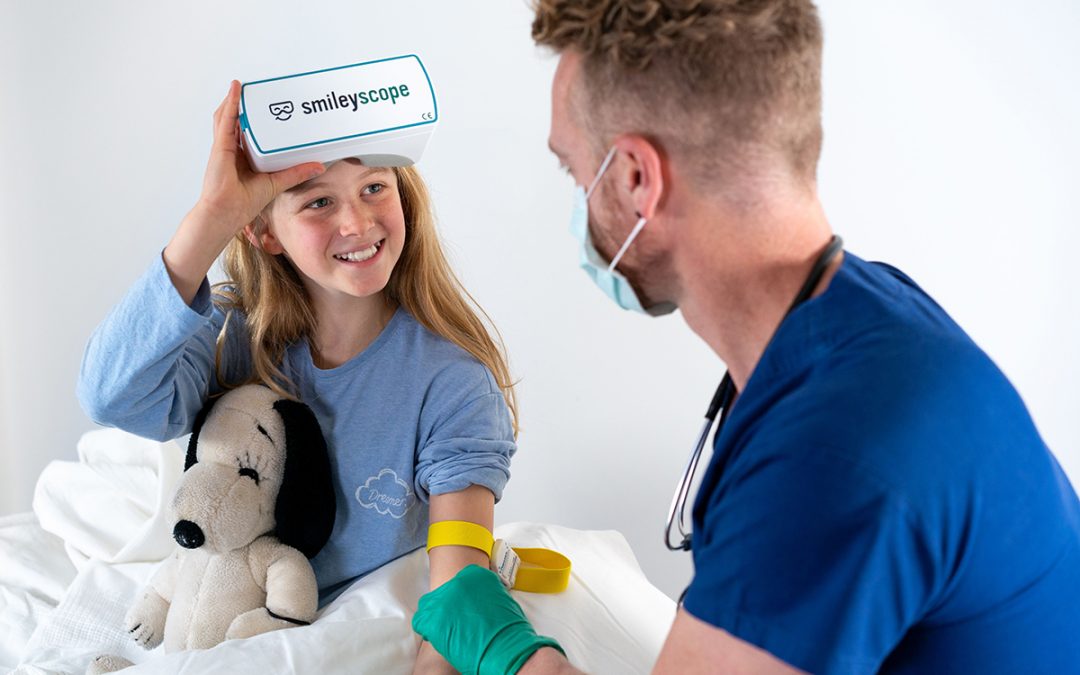A key competency for Managers and for all of us, in this post Covid age is how we manage change. Already studies are indicating an increased rate of anxiety, stress related illness and behavioural issues across all ages in our community and at work. You are right to feel that change is ever accelerating and much of what you learnt at school is probably now outdated. Technologies are developing at an increasingly rapid speed and this is causing the rate of change to grow exponentially.
A recent article by the PropTech Group cited as an example that 20 years from now the rate of change will be four times faster than today. In 40 years from now this will be 16 times faster. If this continues, it would mean that in 100 years from today the rate of change will be 1024 times of what it is now. Is your mind spinning yet? They went on to say that the technological changes we experience in the 21st century will be 1000 times greater than what was experienced in the 20th century.
There are effectively three major global technology shifts that are happening now, and eventually they will converge:
Blockchain and Web 3.0
What started as an embryonic idea, blockchain (a technology that evolved from cryptocurrency into a highly secure system for recording digital transactions) keeps growing and is here to stay. Every single (major) financial institution and leading consultancy firm is leveraging it for different use. Blockchain will change our lives in many areas, and for the better.
In banking, peer-to-peer payments can be made with extremely high security and low fees, disrupting the commercial banking system as we know it. Let’s not forget that no single (paper) currency has existed for more than 100 years, and with the monetary reset currently unfolding in front of our eyes, blockchain will become one of the innovative “ways out”.
For cybersecurity, blockchain is a very welcome evolvement, because it secures data against unauthorised access.
Blockchain also facilitates better supply chain management. It can trace all steps of the supply chain from manufacturer to consumer, making it easy to track an order if something goes wrong.
In healthcare blockchain keeps your medical files private and safe.
And there’s more… The next generation of Web 3.0 enabled technologies incorporate the concept of a more open decentralised marketplace, moving away from the Big 4s in banking, finance, tech and others.
Digital Reality Technology
Virtual and augmented reality is developing at the speed of lightning. According to different market studies, virtual reality is projected to grow exponentially in the next years. The global AR/VR/MR market was valued at $26 billion in 2021 and it is expected to reach at $242 billion by 2028. Of the US population, 7% uses VR and 28.1% uses AR monthly. The worldwide market for AR and VR headsets grew 92.1% year over year in 2021.
The possibilities of digital reality technology are endless. Think of healthcare and manufacturing. Monash Children’s Hospital in Victoria has recently introduced VR goggles called Smiley Scope (pictured). At a cost of $5,000 per pair, these are fitted to children undergoing needle insertions and distracts them from the procedure.
Cognitive Technology
According to a recent study, the cognitive computing market is expected to reach $3.2 trillion by 2032 from $257.1 billion in 2022! Artificial intelligence, neural networks, machine learning and language processing will be increasing human capabilities more than we can imagine today, which sounds a bit scary too.
The use of AI in hiring complements the role of recruiters, in a way that allows them to process and transmit data much more efficiently. However, while currently AI cannot replicate the consulting aspect of the role, it has a place in some elements of the process: resume screening, removing some biases and macro level candidate sourcing – although there is still some way to go with the latter. If AI eventually takes charge of the HR functions of organisations, does a dystopian future await?
On the subject of 21st century leadership, TRANSEARCH Global Advisor on organisation culture and leadership Dr John O. Burdett talks about agility and speed of learning as essential to move from organisations that are built to last to those that are built for change: “In a changing world the only truly sustainable competitive advantage is speed of learning.”
The future will be much more surprising than we can even imagine, and in order to keep up with it, we must change ourselves again and again. We cannot expect to stay the same in a world that is changing at this incredible speed.
What strategies does your organisation have in place to adapt, keep pace and manage change?

With over 21 years of experience in executive search, Bill Haggerty specialises in recruiting Senior Executives across the Manufacturing, Engineering, Transport and Infrastructure sectors. Typical roles include CEOs, CFOs, Logistic & Supply Chain Directors, Project Directors and General Managers. He is an active member of Engineers Australia and is committed to promoting the engineering profession and gender diversity within engineering. Bill is a Fellow of Engineers Australia with Chartered and EngExec status and a Graduate of the Royal Melbourne Institute of Technology in Civil Engineering and Management. He has a very broad commercial background with extensive management, business development and project management experience gained in Australia, the Middle East and Asia.


